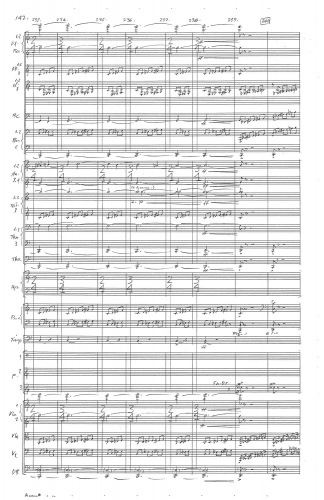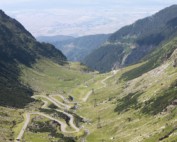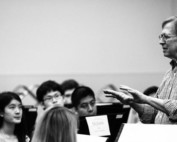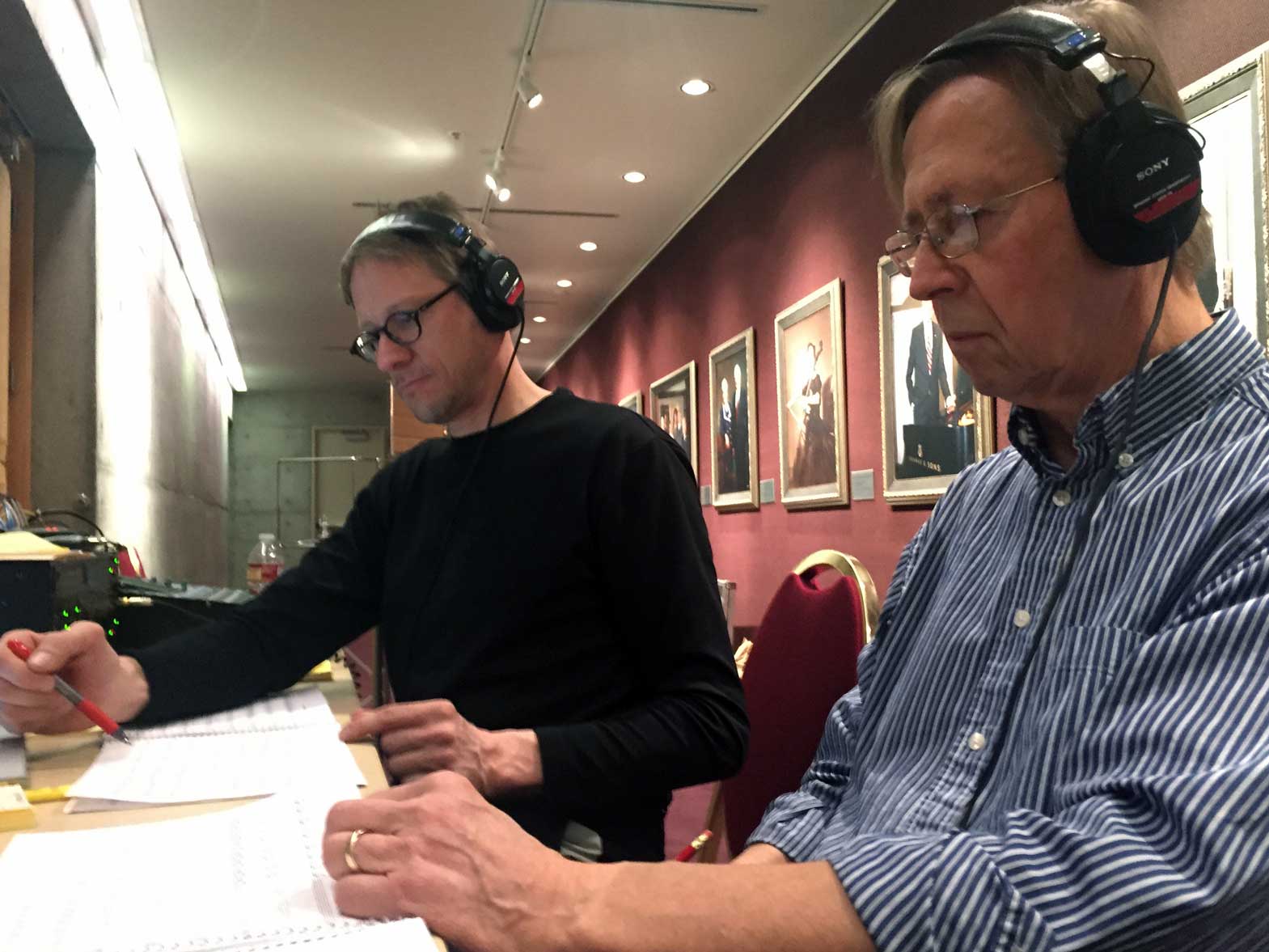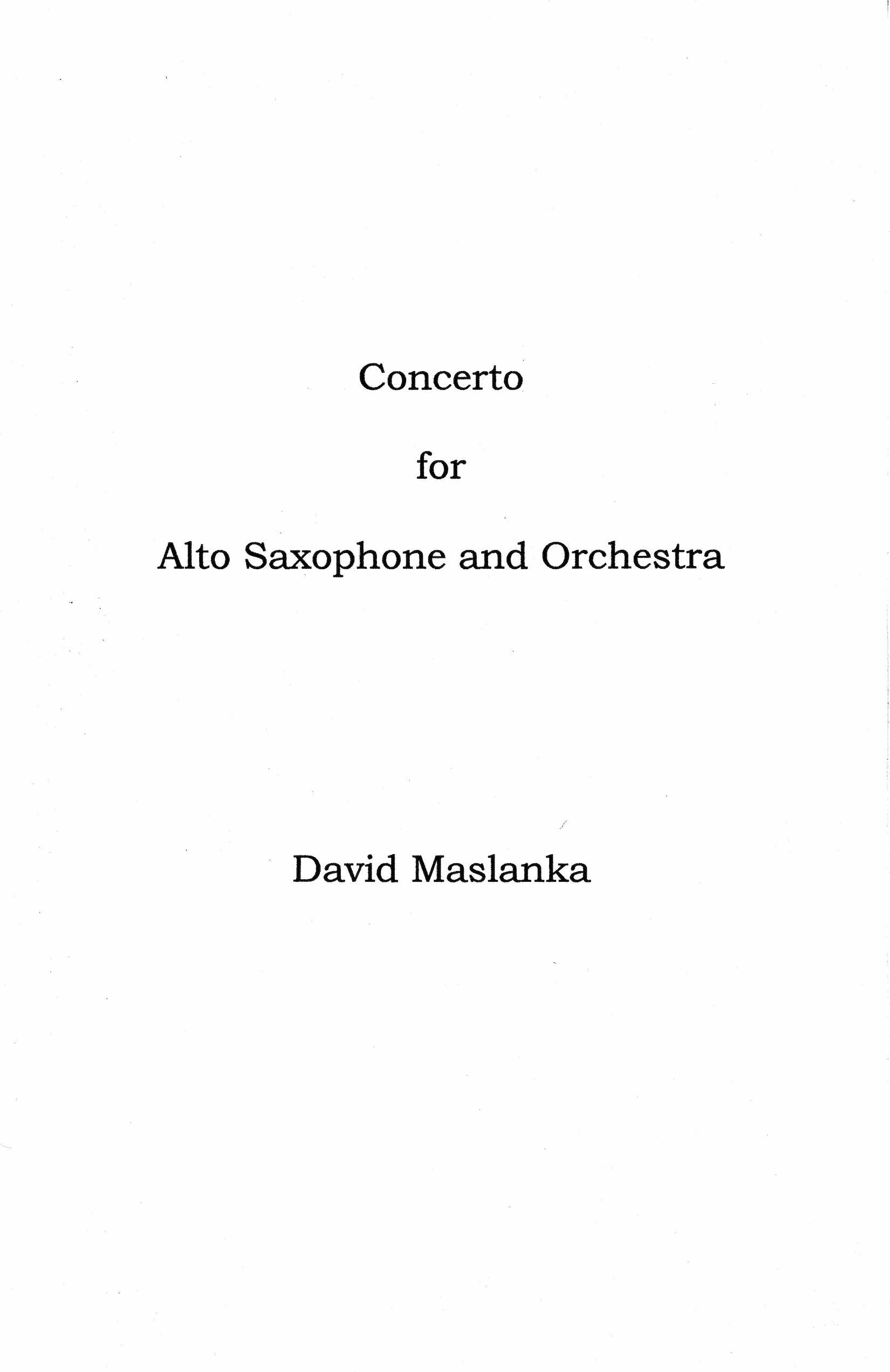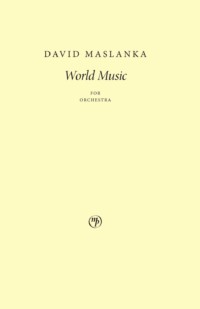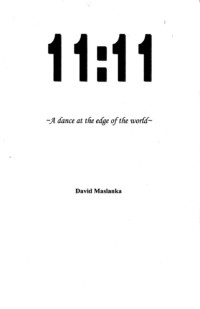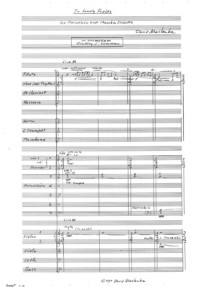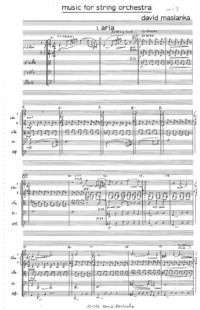Project Description
Wind Ensemble
2004
35 min.
Grade 7
Listen Now
Appalachian Symphony Orchestra, James Allen Anderson, cond.
On the album Living Earth (2006)
Instrumentation
Fl-3(1»Picc) Ob-3 BbCl-3(1»Eb) BCl Bsn-3 | Hn-4 Tpt-3 Tbn-3 Tuba | Vln-2 Vla Vc DB | Pno»Cel Timp Perc-3
- Flute (3) (1 dbl Piccolo)
- Oboe (3)
- Clarinet in B♭ (3) (3 dbl Clarinet in E♭)
- Bass Clarinet
- Bassoon (3)
- Horn in F (4)
- Trumpet (3) (1 dbl Flugelhorn)
- Trombone (3)
- Tuba
- Harp
- Piano/Celeste
- Timpani
- Violin (2)
- Viola
- Violoncello
- Double Bass
- Required Percussion (3 players)
- Orchestra Bells
- Suspended Cymbal (1 sm., 1 lg.)
- Bell Tree
- Chimes (2)
- Sleigh Bells
- Bass Drum (2)
- Sizzle Cymbal
- Marimba (2)
- Tam-tam (2)
- Crotales
- Xylophone
- Egg Shaker (or other small shaker)
- Vibraphone
- Rain Tree (sm.)
- Gongs (4) (sm. to lg.)
- Cabasa
- Tambourine
- Snare Drum
Movements
- Living Earth 1
- Rain
- November – Geese on the Wing
- Dreamer
- Living Earth 2
Commissioned by
Symphony No. 6 – Living Earth was commissioned by the Appalachian Symphony Orchestra, James Allen Anderson conductor, and the Rho Tau chapter of Phi Mu Alpha Sinfonia, and is respectfully dedicated to them.
Premiere
22 April, 2004 by the Appalachian Symphony Orchestra, James Allen Anderson conductor, in the Rosen Concert Hall of Appalachian State University at Boone, North Carolina.
Description
I believe that the earth is a living thing, and that humans are part of its consciousness. We have created an environmental crisis that we must go through before we come to a right relationship with the planet. This Symphony is an expression of hope for that right relationship.
Symphony No.6 is in five movements, each of which embodies one or more melodies from the Bach Chorales. These melodies are old, having sources which go back thousands of years. Like folk music they embody a huge life force, and I now think of them as melodies of the earth. The music of this Symphony is joyous and hopeful.
Program Note
From my childhood on I have felt an extremely strong connection to place. It took a lot of years for me to understand this connection and to have the energy from it come forward in my music. I now believe that the earth is a living thing, and that humans are one part of its consciousness. I have been aware of a powerful “voice of the earth” for many years, and especially in my adopted western Montana. The voice speaks of both a powerful life force and impending disaster. I had a small epiphany a couple of years ago; something spoke in my mind that the earth would not be destroyed by human hands. Even if I made this up it is still a good idea! One of my life axioms is that there is no progress without crisis, and there is crisis to go through before we come to a right relationship with the planet. The new Symphony is my expression of hope for that right relationship.
I don’t plan out music intellectually. I have to know a lot in order to write a symphony, but that knowledge is for the sake of allowing something to speak which is beyond my intellect. In the same way that I have been drawn to place, I have also been drawn to the Chorales of J.S. Bach~ a purely intuitive coming together. The Bach chorales are much like the arrangements of sacred melodies found in hymnals, except that Bach wrote better alto, tenor and bass parts! The melodies themselves are much older than Bach, having sources that literally go back thousands of years. Like all folk melodies they are the products of generations of singers working with the same melody ideas, and finally arriving at simple tunes that embody a huge life force. These are now melodies of the earth. For a number of years now I have brought them into my music where they have acted as a springboard for my imagination, and an open path for the bigger voice that wants to speak through me. I often feel that the chorale melodies select themselves to be in a particular piece, and in retrospect I can see that they will add to the music a subtext of meaning all their own.
There are six chorale melodies in the Symphony:
- Living Earth 1
- How empty, how fleeting…
- Only trust in God to guide you
- Rain
- From heaven above I come…
- November – Geese on the Wing
- O how blessed
- Dreamer
- Jesus Christ, our Savior…
- Living Earth 2
- My soul exalts the Lord
What the story is in all of this I will leave up to you!
A small quote from Joseph and His Brothers by Thomas Mann has been with me for a long time. In it Mann describes Eliezer, the tribal story teller and oral historian: “…the old man’s ego was not clearly demarcated … it opened at the back, as it were, and overflowed into spheres that were external to his own individuality both in space and in time; embodying in his own experience events which, remembered and related in the clear light of day, ought actually to have been put in the third person….”
Further Reading
Maslanka Weekly: Best of the Web – No. 66, Vistas
Maslanka Weekly highlights excellent performances of David Maslanka’s music from around the web. This week, we feature three of David’s compositions that emulate various kinds of vistas: Symphony No. 8, A Child's Garden of Dreams, and Symphony No. 6.
Maslanka Weekly: Best of the Web – No. 40, The Earth
Maslanka Weekly highlights excellent performances of David Maslanka’s music from around the web. This week, we examine three of David’s works that make reference to the earth: O Earth, O Stars, Symphony No. 6: Living Earth, and Mother Earth.
David Maslanka: Works for Younger Wind Ensembles
Here are more than twenty works for wind ensemble, arranged in approximate ascending order of difficulty, with commentary by David Maslanka
Recording the Wind Ensemble Music of David Maslanka
Mark Morette of Mark Custom Recording shares his extensive experience in recording wind ensembles.
